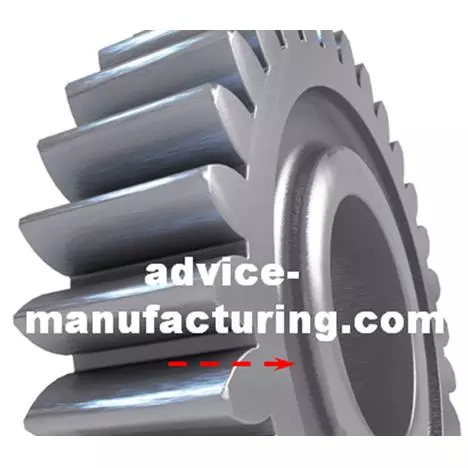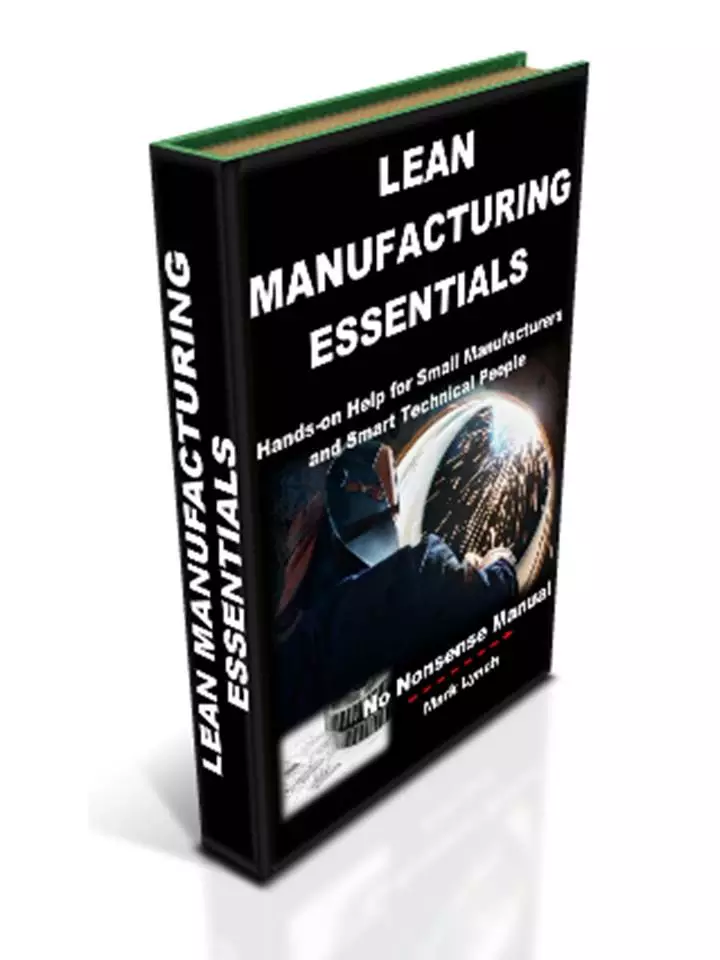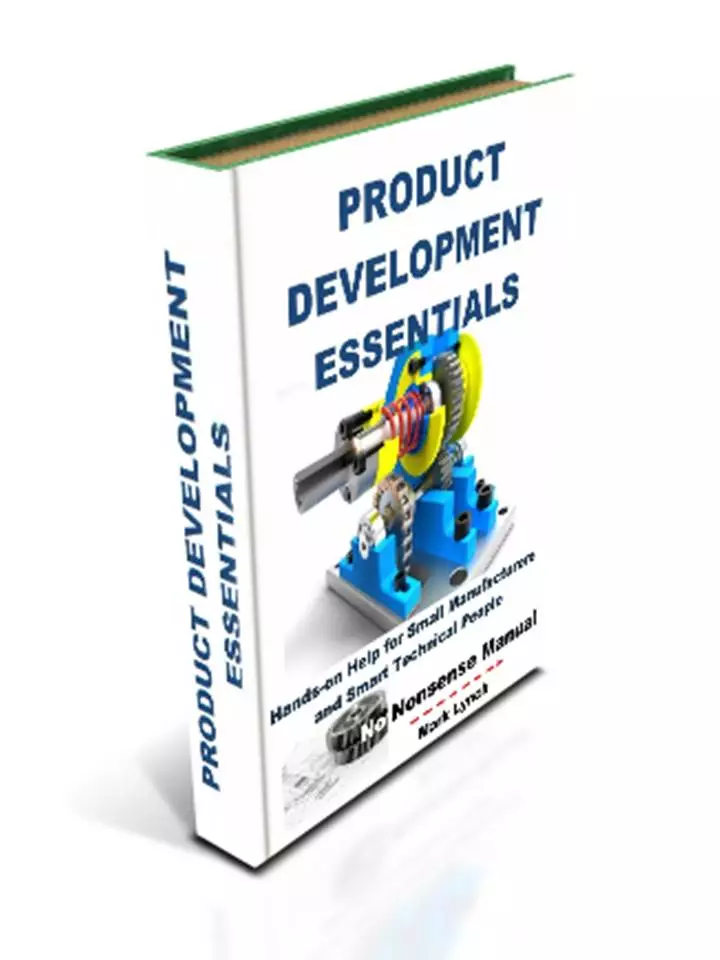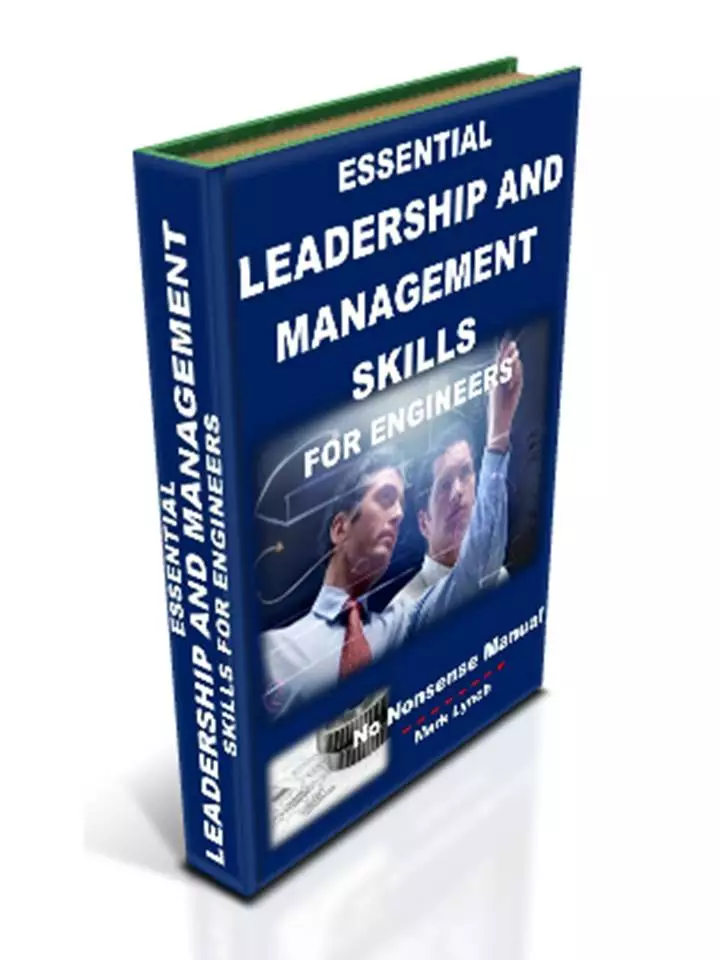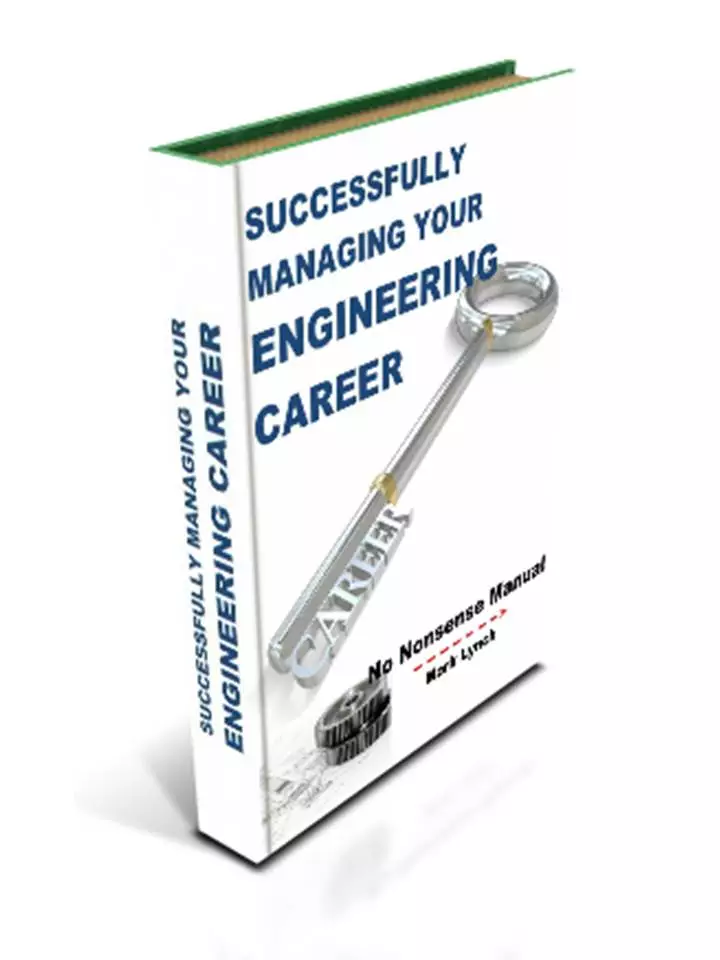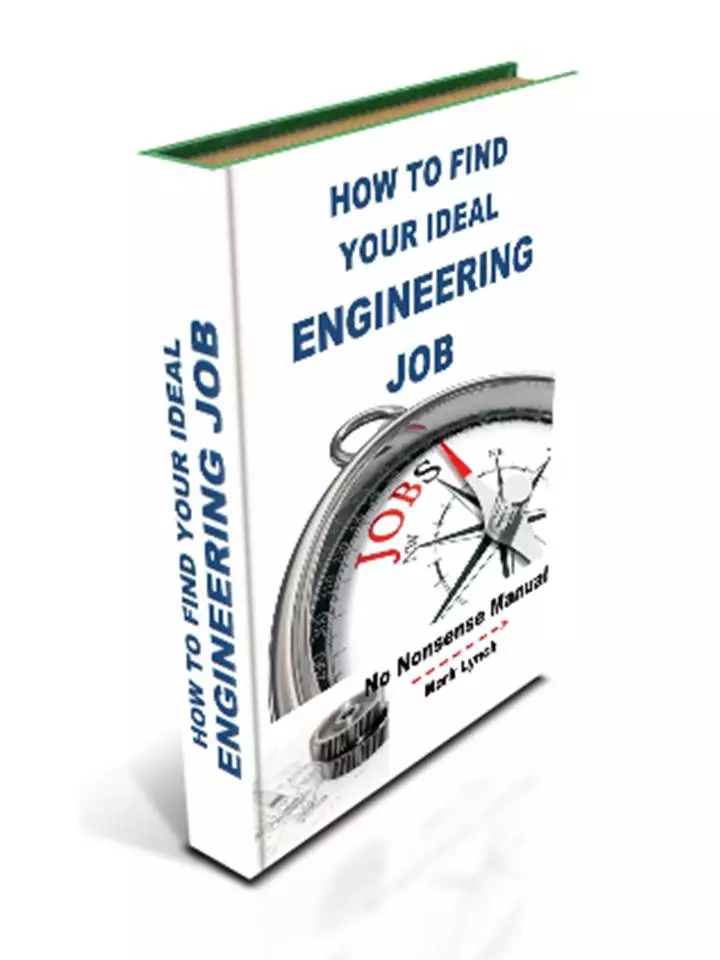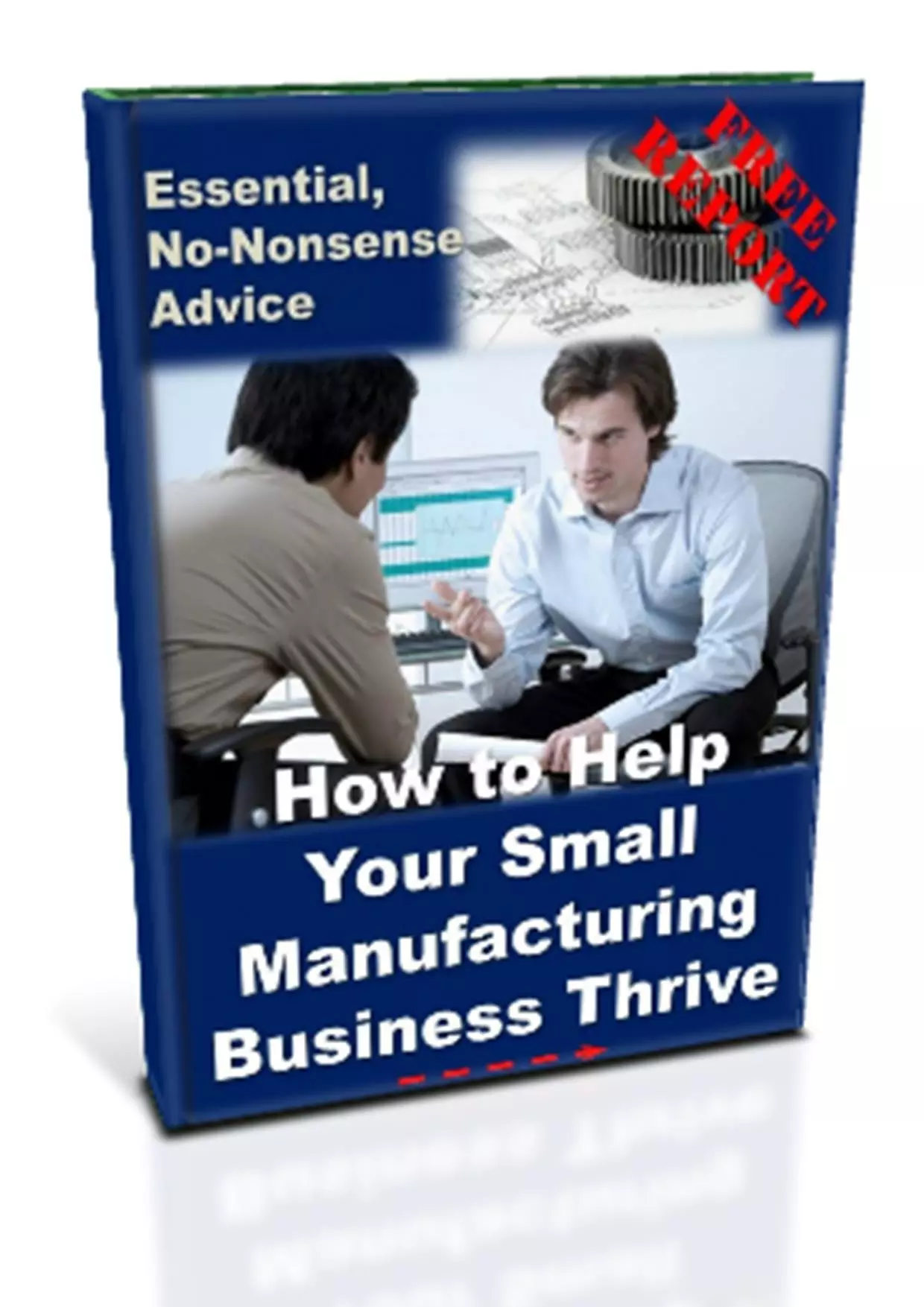'Hands-on Help for SMEs' and Smart Technical People'
Intellectual Property
For those small manufacturers who aim to use innovation to differentiate themselves from the competition, Intellectual Property (IP) describes the exclusive rights they can obtain under law to protect something unique they have developed. For manufacturing businesses, these may include devices, technologies, processes, products or product features. If you’ve developed something and are profiting from it, then the chances are somebody, somewhere may also want to commercially benefit from it too.
Now, this is a big field which clearly has legal implications. As such, we would recommend obtaining professional advice if considering whether to legally protect the Intellectual Property developed within your organisation. In the UK (where this website is based) a good start point would be to visit the Intellectual Property Office website.
Website: www.ipo.gov.uk
This website provides a comprehensive, yet easy to follow explanation of the different types of IP, together with how to register IP, as well as advice and further assistance. Importantly the organisation is impartial.
Different types of IP exist and manufacturing businesses should seek advice about which is the best suited to what it is they aim to protect. Examples of Intellectual Property include:
- Patents – IP protection for the features, devices and processes that make things work. Patents are probably the most applicable type of IP protection for manufacturers and are often filed by those who invent new technologies, processes and products.
- Trade Marks – distinctive words or logos that uniquely distinguish goods and services
- Design Rights – protection for a 3D shape or form. It can apply to the distinctive look of a product.
- Copyright – protects material that is recorded or written down. For small manufacturers this includes engineering drawings, technical documentation and stored digital data.
Additionally there are a number of things small manufacturers need to carefully consider when thinking about protecting their intellectual property. These include...
- Understanding clearly why you require IP protection in the first place and importantly if it is possible to protect your novel 'innovation', whatever that may be.
- Filing IP can take some time, so consider it early during product development and seek the advice of an expert (Patent Attorney).
- Costs vary, but global IP protection can sometimes be considerable, so bear this in mind. Way up the costs versus the long term benefits. Again seek an expert's opinion.
- Defending and enforcing IP protection is clearly important if you have taken the time to acquire it. Again, this can be costly and is rarely straightforward. A Patent Attorney is definitely recommended here.
Having said this, IP protection is typically desirable and wise, so don't be put off - instead do seek the advice of an expert before proceeding.
Note: It’s worth noting Copyright is typically owned by the company if material is created by it’s employees. On the other hand contractors own the copyright to any material unless what they have created is transferred to the host company as part of their contractual arrangement – so beware!
In addition to the above, Confidentiality Agreements (also known as non-disclosure agreements), can provide protection for concepts where businesses aim to keep ideas restricted.
It is well worth finding out about the fundamentals of IP. The IPO website above, together with other sources listed below, provides lots of free information. Additionally, there are a number of advisory businesses available on the web which can assist you, as well as provide free information packs and consultations. Likewise training, books and webcasts exist to aid understanding for individuals and businesses.
IP is often regarded as a bit of a specialist area, frequently misunderstood by engineers. However a little knowledge can go a long way and provide your business with a genuine competitive advantage. If you aim to be an innovative organisation, perhaps generating new products and processes, it makes sense to protect the hard work which has gone into developing them, so others can not benefit from your efforts. What’s more, various options of protection exist and they needn’t be expensive. Consider this - many larger manufacturers commonly judge how innovative they are by the number of patents registered per year.
Patent applications (probably the most common form of IP for manufacturers) can be filed for national and international protection.
Patent searches are essential to ensure your potential idea doesn’t infringe patents already filed by somebody else. Clearly, any idea needs to be unique before it can be patented. A global patent search should clarify this. Patent searches, advice and filing can be carried out via IP specialist providers.
Intellectual Property Law Explained
IP Essentials for Start-Ups and SMEs (Courtesy of Eureka Magazine)
New and growing companies often have tight budgets and may think that it is not worth investing in protecting IP. However, inadequate protection of IP may lead to disputes and can ultimately prove more costly in the long term. There is little point funding the development and marketing of a new product or service knowing that a competitor can take the idea and launch their own competing product. More...
Intellectual Property Guide for Engineers (courtesy of Bird & Bird and IMechE)
Engineers with an understanding of intellectual property rights can future-proof a business. They can create – and extract – tangible value from their work. But not all engineers are aware of the benefits of IP and where IP rights should be applied. In collaboration with the IMechE, Bird & Bird has devised the Intellectual Property Guide for Engineers, to help engineers in large companies, SMEs and as individuals, protect and exploit their work. More...
Helping SMEs get value from their Intellectual Property
The nation has earned a reputation for innovation, invention and entrepreneurialism. It is vital that the innovative individuals who are leading the way in this are able to protect their ideas and extract full value from them. More...
International Intellectual Property Assistance
A range of highly informative IP organisations exist for small manufacturers aiming to find out more including searching, legal considerations and patent applications and filing. Patents by their nature can be applied nationally and globally. In response assistance is available for searching and applying in different parts of the world. Help can be found at:
European Patent office www.epo.org
The EPO offers a uniform application procedure which has the potential for patent protection in up to 40 European countries. It also offers a broad range of advice, news and information.
Innovaccess www.innovaccess.eu
This European network brings together intellectual property (IP) offices from all member states to streamline IP services for small and medium sized enterprises (SMEs).
European IPR Helpdesk www.iprhelpdesk.eu
The European IP Rights Helpdesk offers free of charge, first-line support on IP and IPR matters for EU-based collaborative SMEs.
ASEAN IPR SME Helpdesk www.asean-iprhelpdesk.eu
The ASEAN IPR SME Helpdesk supports European Union (EU) small and medium sized enterprises (SMEs) to both protect and enforce their IP rights in or relating to South East Asia, through the provision of free information and services.
China IPR SME Helpdesk www.china-iprhelpdesk.eu
The China IPR SME Helpdesk supports European Union (EU) small and medium sized enterprises (SMEs) to both protect and enforce their Intellectual Property Rights (IPR) in or relating to China, through the provision of free information and services.
World Intellectual Property Office www.wipo.int
The World Intellectual Property Organization (WIPO) is the United Nations agency dedicated to the use of IP as a means of stimulating innovation and creativity. WIPO works with member states to improve understanding and respect for IP worldwide.
Next...Research and Development (R&D): The Benefits for Small Manufacturers
or
Back to Business and Industry Essentials



